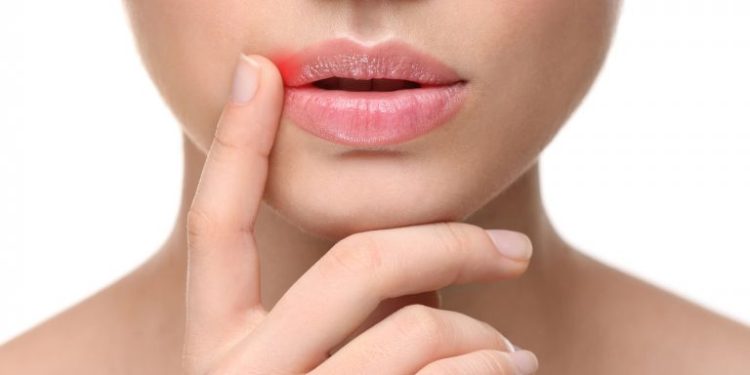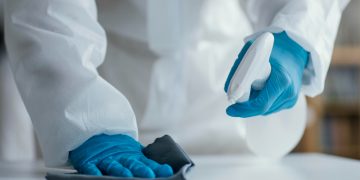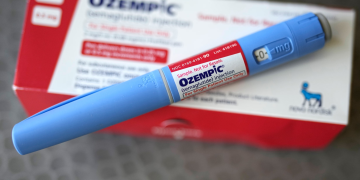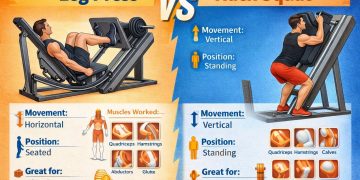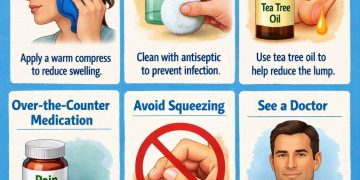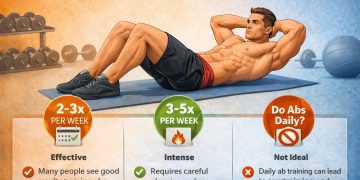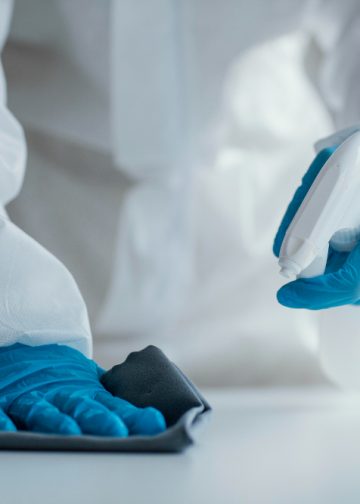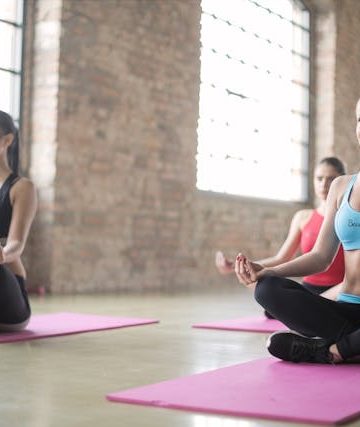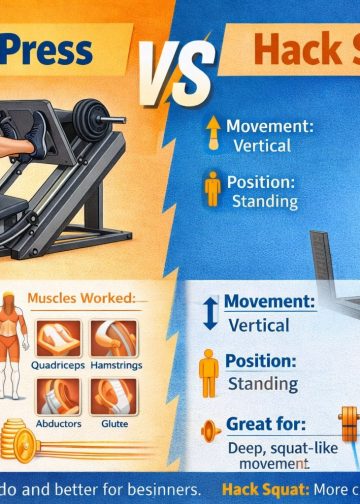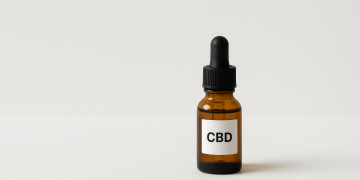Cold sores are fluid-filled blisters on the face caused by HSV-1. However, there's no quick cure for this as they usually heal in 5 to 15 days.
Around 50 to 80% of U.S. individuals get cold sores, also called fever blisters. Oral herpes is cold sore.
So, this article will discuss cold sore symptoms, treatments, remedies, and the things that you need to do to get rid of cold sores fast.
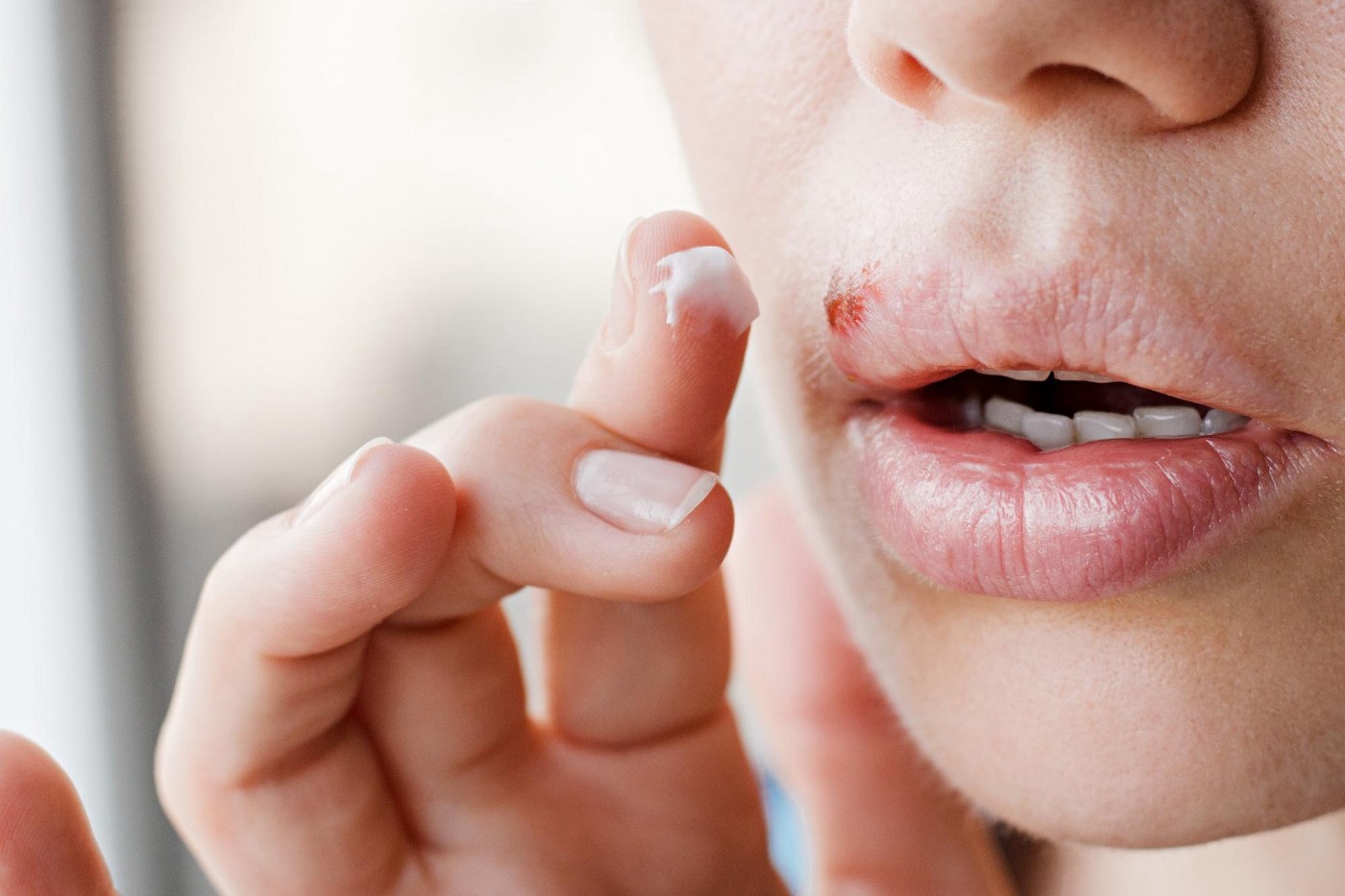
Symptoms
HSV-1 causes cold sores. This infection isn't curable, but it's not dangerous.
Cold sores are blister-like. They appear anywhere on the face but usually around the lips. Mouth sores are possible.
A blister may cause tingling and burning sessions. Depending on the intensity, these sensations might vary.
The blister bursts and poses virus-containing fluid within 48 hours. Broken blisters produce scabs and heal.
Infected people only get cold sores once. In certain cases, sores return. One-third of HSV-1 patients have recurrent sores.
Possible Treatments
There's no quick cure for cold sores, but these therapies and treatments can indeed help.
- OTC creams containing zinc oxide, zinc sulfate, or an anesthetic can assist if used early. Docosanol (Abreva) helps, too.
- Acetaminophen (Tylenol) and ibuprofen (Advil, Motrin) decrease pain, swelling, and soreness.
- Cold sores are a viral infection; thus, antiviral drugs work. Quick treatment is crucial. Creams containing aciclovir can expedite cold sore recovery by 1 day. Antiviral pills include aciclovir, valacyclovir, and famciclovir. Doctors may offer IV therapy for severe cases.
- Light therapy methods can also be one of the most effective treatment methods to get rid of cold sores. Consistent use of this therapy can gradually cure your blister. Moreover, the overall therapy is also painless and doesn’t have any adverse effects. Yet, we recommend taking the suggestions of your doctor before carrying out these treatments.
Consume Medications
Applying petroleum jelly on a cold sore scab may reduce drying and cracking. Some animal and laboratory studies suggest that plant extracts and propolis help fight HSV-1.
Here are some of the medications that you can consume and apply to keep your blisters from spreading.
- Lemon balm oil. This essential oil kills herpes viruses from spreading.
- Tea tree essential oil kills HSV-1 and HSV-2, making it an effective medication for cold sores.
- Aloe vera gel extract This can fight HSV-1 and put a halt to the cold sore virus from spreading
Before adopting natural medicines or including essential oils, always consult a doctor first since these medications can induce skin sensitivities and drug interactions.
Before using essential oils on the face, dilute them in a carrier oil at 0.2% to 1.5%, and make sure you don’t swallow them in any way.
Experts’ Note: Essential oils may provide health benefits, but the FDA does not control their purity or quality. Before utilizing essential oils, see a doctor and investigate a brand's quality. Before trying a new essential oil, do go for a patch test.
Things to Avoid
Oral herpes or cold sore is contagious; thus, those infected should take precautions.
Avoid these:
- Touching or picking a cold sore can spread the virus via the hands.
- Cold sores around the mouth should prevent kissing. Active blisters are more contagious.
- Oral sex: HSV-1 spreads through mouth-to-genital contact. Early cold sore symptoms need avoiding oral sex or using a condom.
- Avoid sharing utensils, lipstick, toothbrushes, or other items that may touch a cold sore.
Flare-up Prevention
According to the UK's Herpes Viruses Association (HVA), several causes can reactivate cold sores:
- Stress
- Tiredness
- Excessive UV light exposure
Medication and light therapy can be one of the ways to prevent cold sores from spreading. One week of antiviral treatment may be very useful.
So, a doctor may offer antiviral medicine to decrease flare-ups. A salve or lotion containing Melissa officinalis (lemon balm mint) may help prevent flare-ups if applied as soon as the first symptom, a tingling feeling, is felt.
The AAD suggests wearing an SPF 30 lip balm to protect healing cold sores from UV rays. Using this lip balm daily may prevent fresh sores.
Overall, treating a sore as the first symptom may avoid its full development.
Bottom Line
No exact and fast cure exists for HSV-1, so cold sores cannot be cured within a moment.
Cold sores heal naturally in 5–15 days. Antivirals may hasten healing by 1 day. Moreover, using light therapy as a method of treatment can aid your blisters and cold sores from spreading wide and causing pain.


